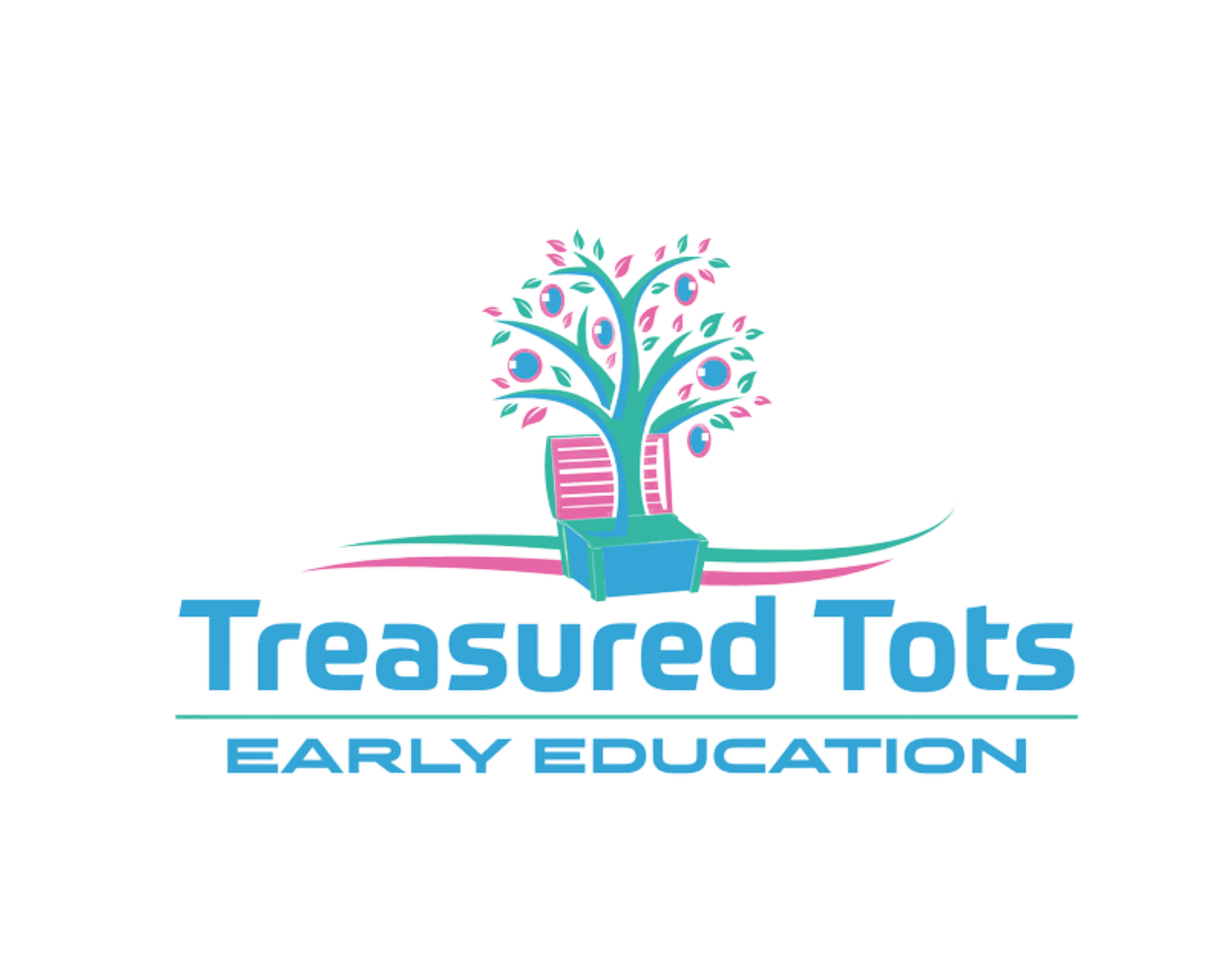Healthy and Happy Children Learn by Example
If you remember back to when your baby started to learn new things, they were watching you. You might have rolled over with them to show them how to do it; you probably taught them how to kick a ball; and they know how to do basic chores – all because they were watching you.
But it isn’t just these basic things that children learn from those around them. Everything they do, from the words they use to how they treat people comes from watching their caregivers and other adults daily.
From a very young age, children are watching everything people around them say and do. Their little brains are constantly working on overload, digesting information and discovering the world around them. While there are natural factors that play a part in how your children behave, such as their natural temperament, gender, genetic issues and their birth order, factors such as behaviours, attitudes and interests are certainly learnt by watching and listening to those around them.
It is easy to fall back on the “do as I say and not as I do” approach – life is busy and often stressful, and parents don’t always remember that their children are watching their every movement. Suddenly you’ll wonder where your child picked up a certain phrase or behaviour!
Even though as adults we do often lead a busy life, there are a couple of ways we can lead by example and give our children great experiences to learn from.
Practice respect for others
You may not like a particular colleague but if your child hears you complaining about them every night, they may very well start to practise the same behaviour about their siblings or another child at day care or school. It is important to show children that although you may not like someone’s actions, it is a good idea to try and understand why they act the way they do, and speak directly with that person regarding their actions, rather than talk about them behind their back. Children can be taught that you can respect someone as a person, even if you do not always agree with them.
Make a difference
Many adults have a cause or organisation that they support when they can, but by getting involved and donating your time, instead of just your money, your child can see the effect that actions have on another person. There are many organisations that will allow you to take your child along to help volunteer. If you can’t find one, another great option is by attending an intergenerational playgroup. Your child will learn how to interact with other people and can see the positive impact they can have on others.
How you spend your time
With the emphasis on getting children outdoors to play, it is important that your child doesn’t see you slumped in front of the television every weekend mindlessly staring at anything that is on. If you do need some time out to relax (and we all do), grab a book and head to the garden to sit and read quietly in nature. If reading isn’t your thing, you could do some gardening or start an art project that you’ve been meaning to do for some time. If your child sees you relaxing, and enjoying things outside, they too will start to see the benefit of playing outdoors instead of always being inside watching television.
Lead a healthy lifestyle
It is important that your children see you leading a healthy lifestyle, including exercising, eating well and having down time to destress and relax. While your child may not understand the health benefits of these activities while they are young, your actions are what is important; if you model healthy behaviours, your child will see these as normal behaviours and continue on with them as they grow up.
It is also good for these things to be modelled outside the home, like at day care. Early educators, like the team at Treasured Tots, are committed to showing your children that a healthy lifestyle through eating well, exercising, playing with their friends and spending some time resting or having quiet time, is important.
Keep your promises
It’s easy for things to get in the way of a promise you made to your child. Perhaps you promised to take them to the library but had to stay at work for a meeting, or you promised you would be at their sport practise, but you got caught in traffic. While children may understand if this happens once or twice, if it happens over and over again, your child will not only lose trust in you, but may not learn how to be a trustworthy adult themselves – they will see broken promises as the norm and not just as a one-off. If you are unable to keep a promise, it is best to explain it to your child, and then make a deal with them to make it up to them – and keep that deal.
You may think that only older children are affected by promises not being kept, but we can assure you that your toddler understands more than you think, and they will hold you to that promise to take them to the park or that biscuit after their nap.
Children learn from the examples around them. By modelling good behaviour, you’re teaching your child good habits right from the beginning.
For more information contact us or book a tour of any of our wonderful centres in Mandurah, Bibra Lake, Fremantle, Piara Waters, Hamersley, Bennett Springs and Bicton to ensure our management team are available to show you around and answer any questions.

